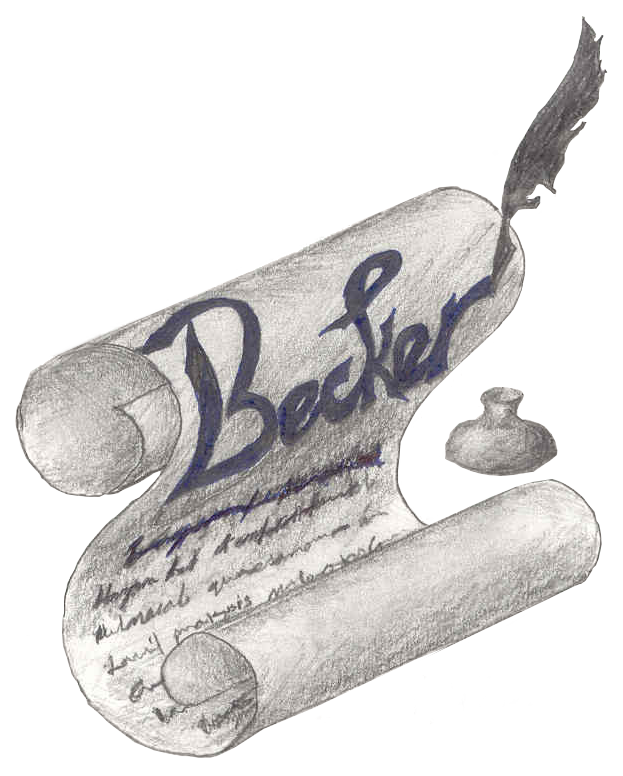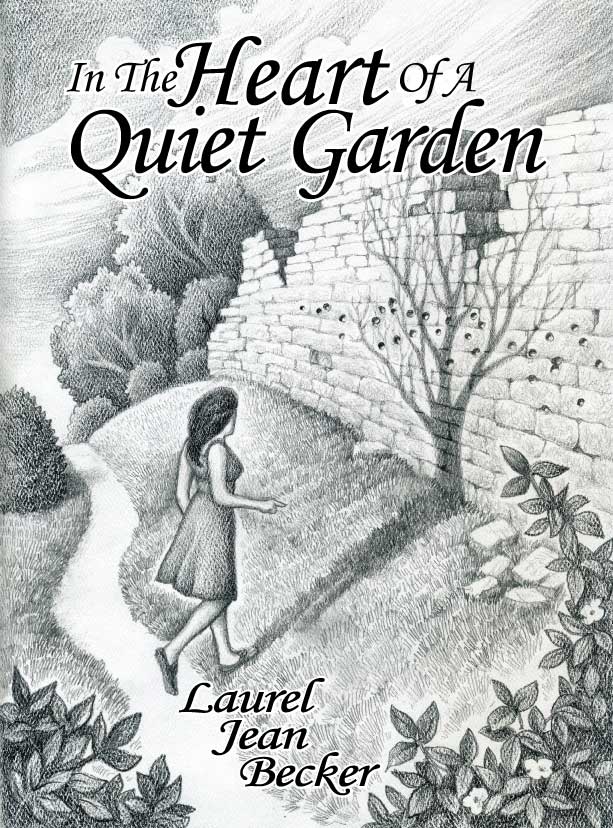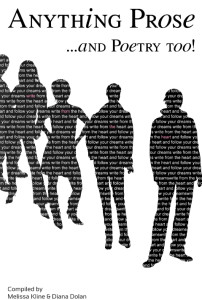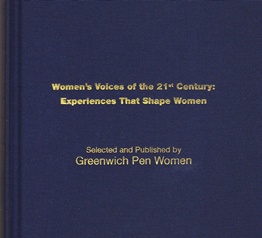A professional writer is an amateur who didn’t quit.
— Richard Bach
I once spoke of writing as my “hobby,” but years ago I made a decision to consider myself a professional writer. I ordered letterhead, joined two writers’ organizations, and set aside three hours each day for uninterrupted writing. Three hours is a long time to glue my seat to a chair while knowing full well the world probably wouldn’t soon see any results.
My present project is a poem entitled, “Jack in the Box.” “Jack” has a mind of his own and pops on his time–not mine. I plan to submit the poem today.
However, first I have clothes to wash and dishes to get in the dishwasher.
I finish the dishes and put another load of clothes in the washer. The washing machine chugs while my phone rings in my office. I won’t allow the machine to take a message. The ringing phone is like a crying child I must pick up. It’s my automatic response retained from when my kids were young and called when they became sick at school or, as teenagers, needed help. The call is from my accountant, who reminds me that our yearlong tax plan will go up in smoke if I fail to meet the deadline.
I begin preparing a grocery list instead of writing so I can avoid the nervous feeling when I pick up my pen. Is the nervousness really unacknowledged fear? Fear of failure? Rejection? Success? I am uncertain. Fear is a paralyzing force. You needn’t listen to it anymore, I repeat over and over to myself, hoping that it will sink to the bottom of my writing well.
A few years after I decided to be a professional, I added an office to our home. Oak, crown molding frames the peach colored walls of my study. Floor-to-ceiling oak cabinets and bookshelves embrace my most beloved books. Despite the room’s inviting warmth, I don’t feel ready to work.
In her essay entitled, “Professions for Women,” Virginia Woolf referred to her alter ego as her “Angel in the House.” Rather than sympathize with her own wishes to write, her Angel preferred to sympathize with the wishes of others. Like Virginia Woolf, I too have an “Angel” who is overly sympathetic, unselfish and sacrificial. But Woolf’s Angel represented the traditional roles of women of 1931–mine is just an excuse. She stands at my study doors, like the angel on the East Side of Eden, waiting for me to try and enter. And just as I cross the threshold, she whispers, “Tonight’s dinner isn’t fixed,” or “The garden needs weeding,” or “Those library books are overdue.”
This time my Angel whispers, “You need some groceries.” And I do. I quickly grab my purse and head out the door. After the groceries have been put away, my poem, “Jack in the Box,” tumbles in the back of my head like clothes in the dryer. At least for today, Jack and I are the same person. It’s me I can’t control. I spent three quarters of my day proving that fact.
I fix a cup of herbal tea. It motivates me to close the French doors to my study and turn on the computer, a baby step in the right direction.
Once I begin, the time flies, and I wonder why I hesitated. Two hours later, I seal the envelope. I started this poem several months ago, working on it daily for the past three weeks. On the way to the mailbox my shoes shuffle on the sidewalk the way they did when I was a kid and my mom forced me to do unwanted chores. I picture our mailman shaking his head at my efforts to get published and wondering when I am going to get off my duff and get a real job–like his. I turn the envelope upside down, hoping he’ll toss it in the “out” basket without looking at the address.
With my poem in the mail, I begin the first draft of a requested article. This time I don’t listen to my Angel or make excuses to cover my fear. The washing will get done eventually, the children are grown and the phone is not a crying child. My nest is empty. The kids are marvelously independent and accomplished.
The alarm clock jars my attention away from the paper. I open my French doors. I am committed to three hours of work per day, but no more–that’s my rule. I congratulate myself. Three hours done! Smug satisfaction invades my mind as the hall mirror catches my image, and I can see a glow on my face. Yep, I assure myself. A little self-discipline is all it takes.
(Previously published in Authorship by The National Writer’s Association
Winter/Spring, 2003, No. 245)








Thank you, Carol. We writers all struggle, I think, with controlling Jack. It is a difficult calling. The goal for me resides in routine, which has been consistent lately. Get a lot more done that way.
Hello Laurel, You were the first to comment on my blog, and now I have read this essay, Controlling Jack, and really like it. What a good writer you are! And how I resonated with your struggle. I look forward to reading more of your posts. AND I feel more motivated, reading this one, to go back and finish what I was working on.
This is life as you make it for yourself. Good work and keep it up! Share with others for their self-realization. Love, Pat
“Controlling Jack | Laurel Jean Becker ~ Pathways” was a terrific article, can’t wait to examine far more of your postings.
Time to waste a lot of time online haha. I appreciate it -Joy
Love it! You are way better at the self-discipline thing than I will ever be:)
Thanks, Laurel. This was great (and a great reminder!)
Jennifer